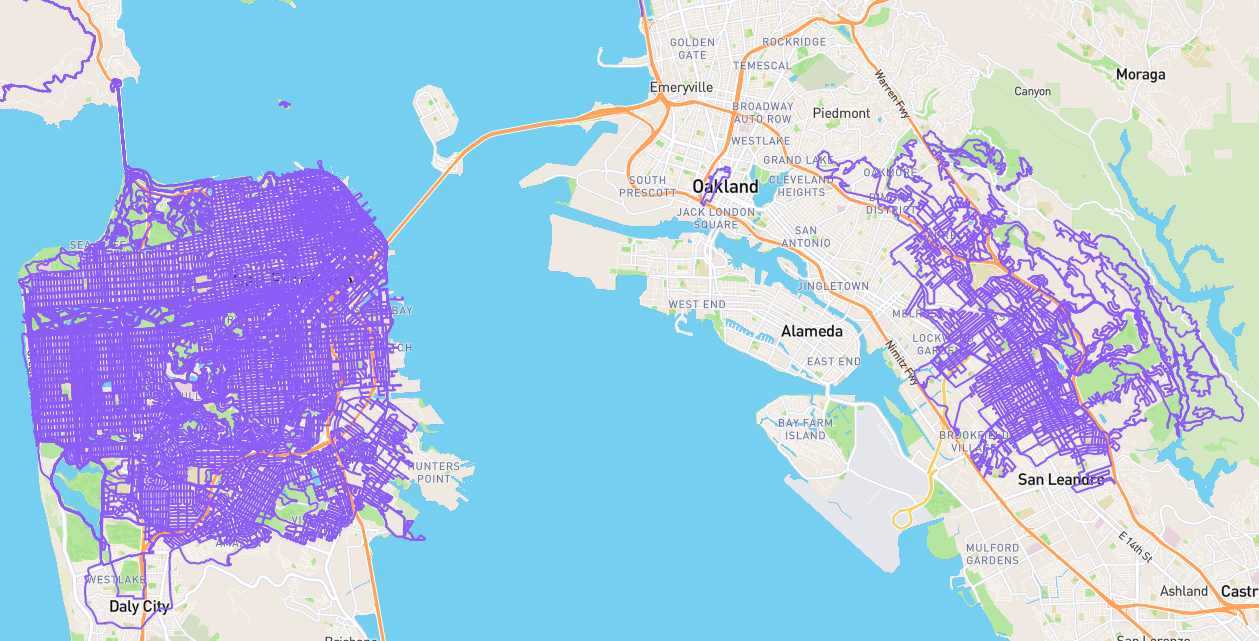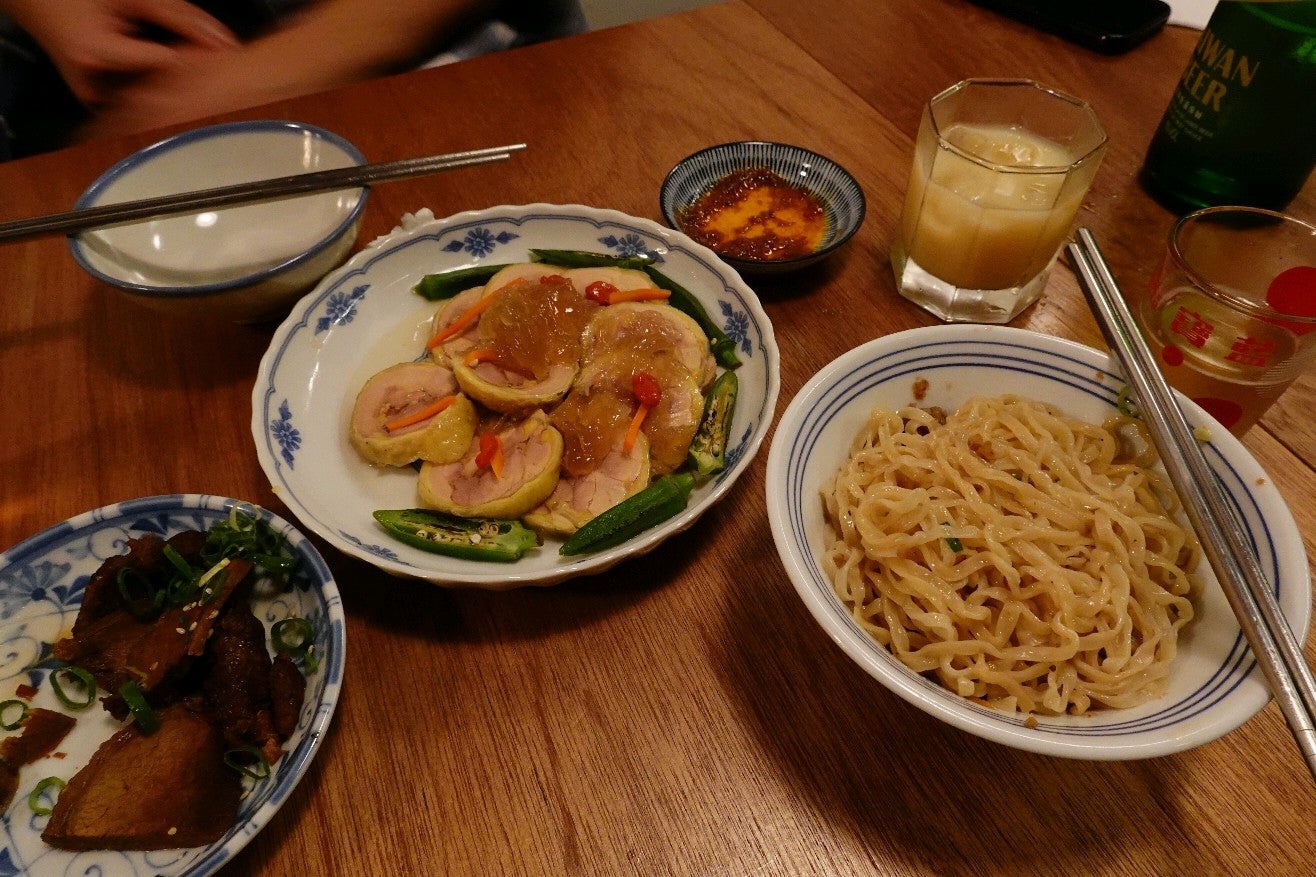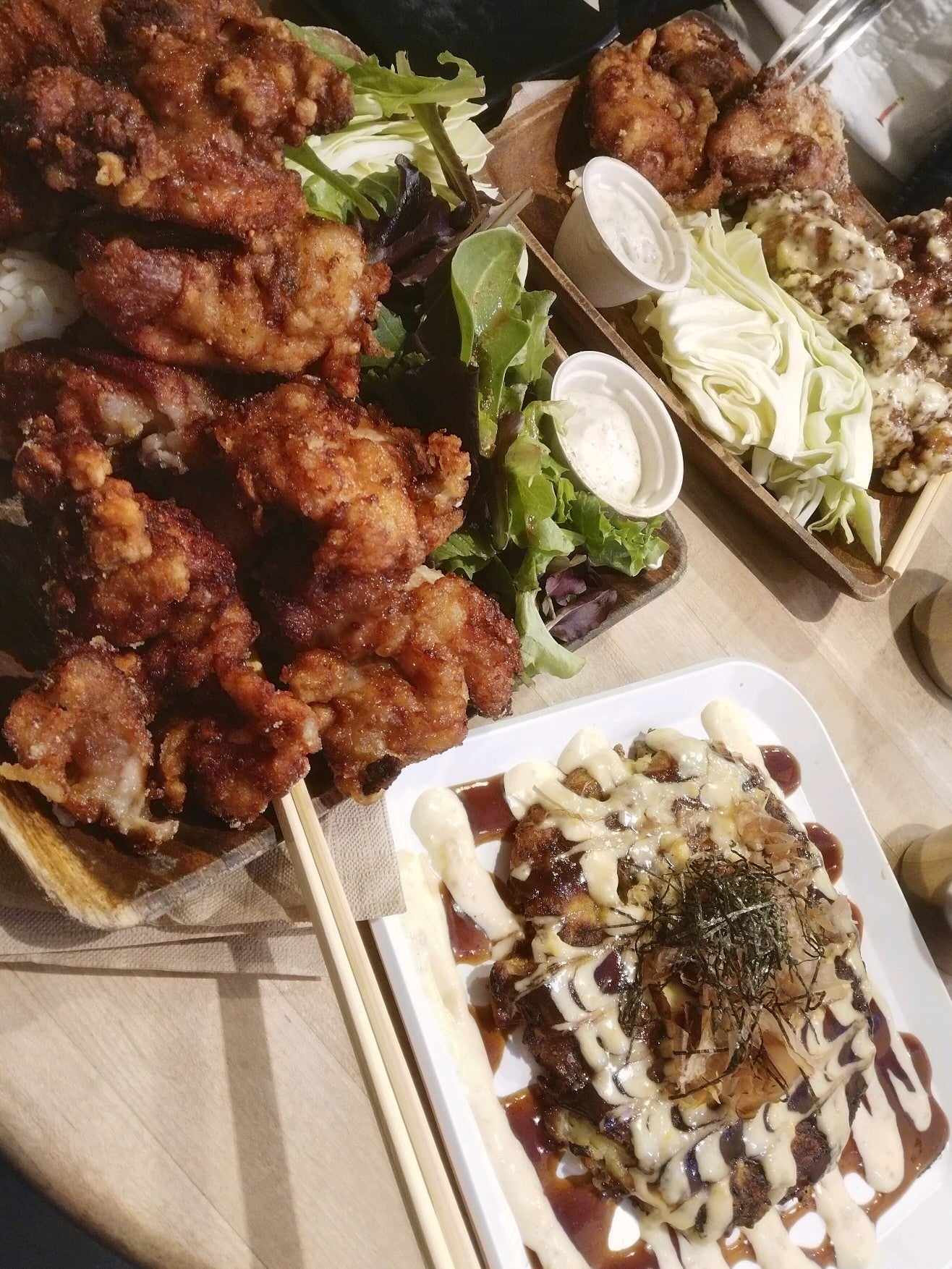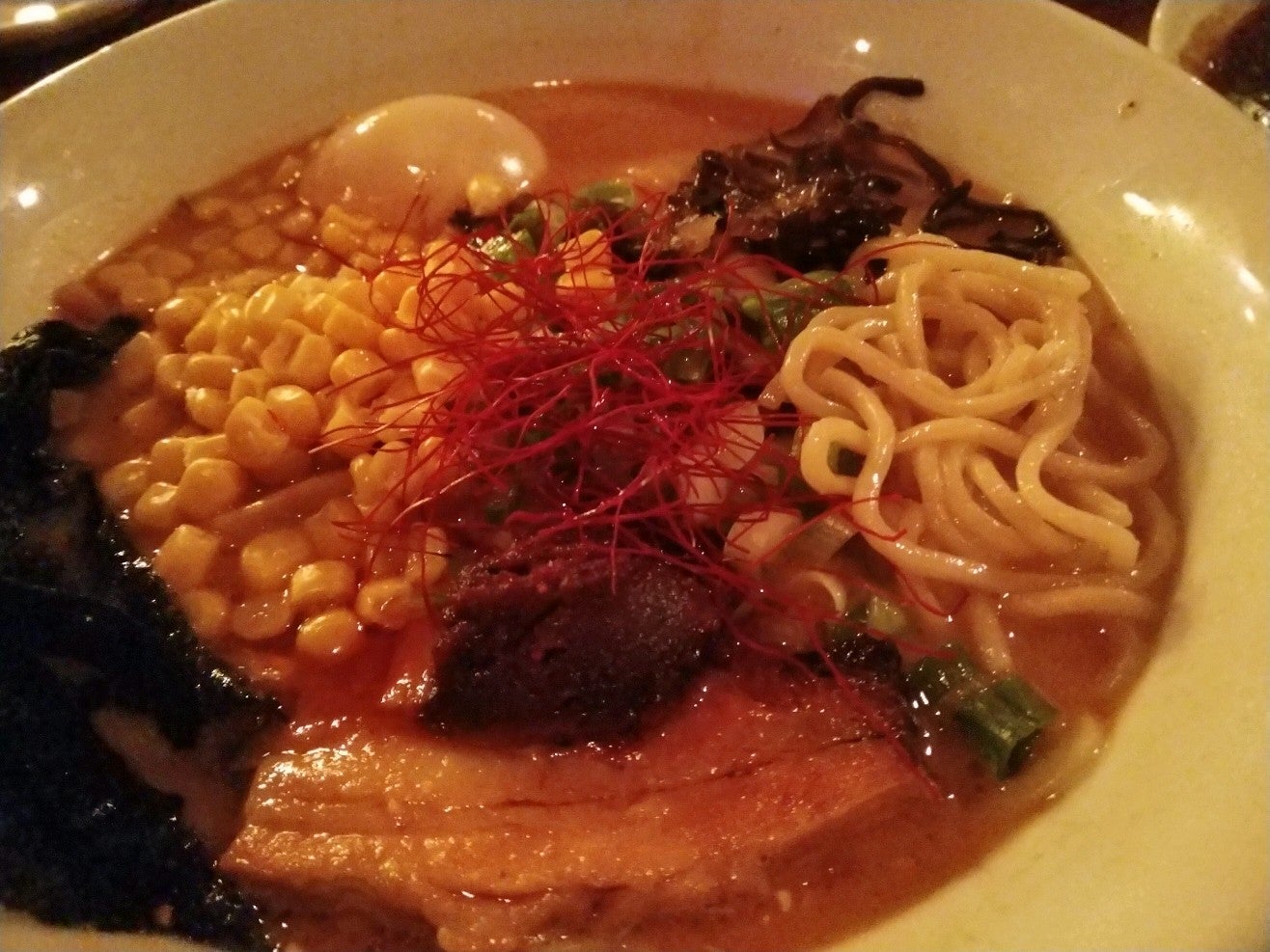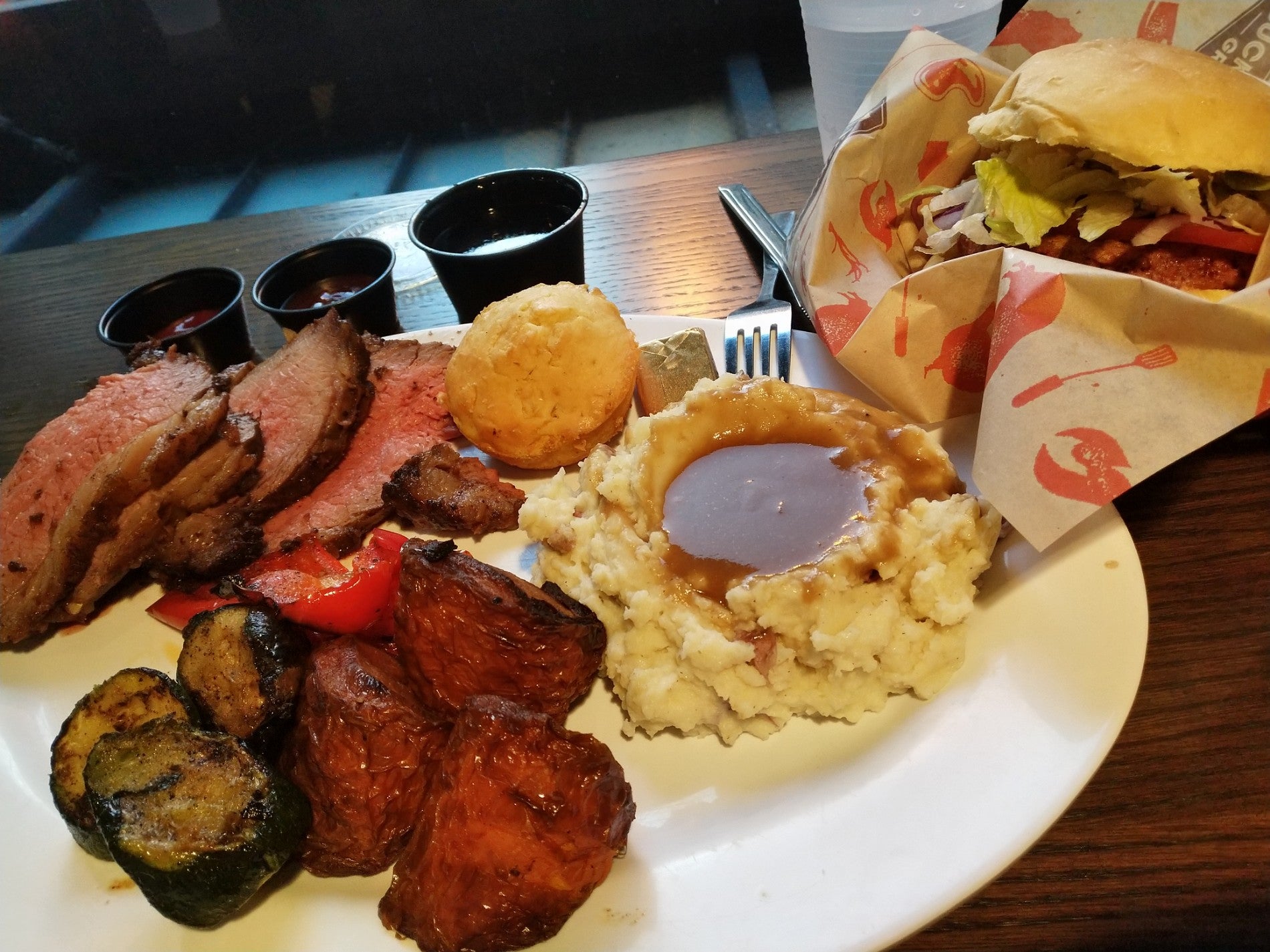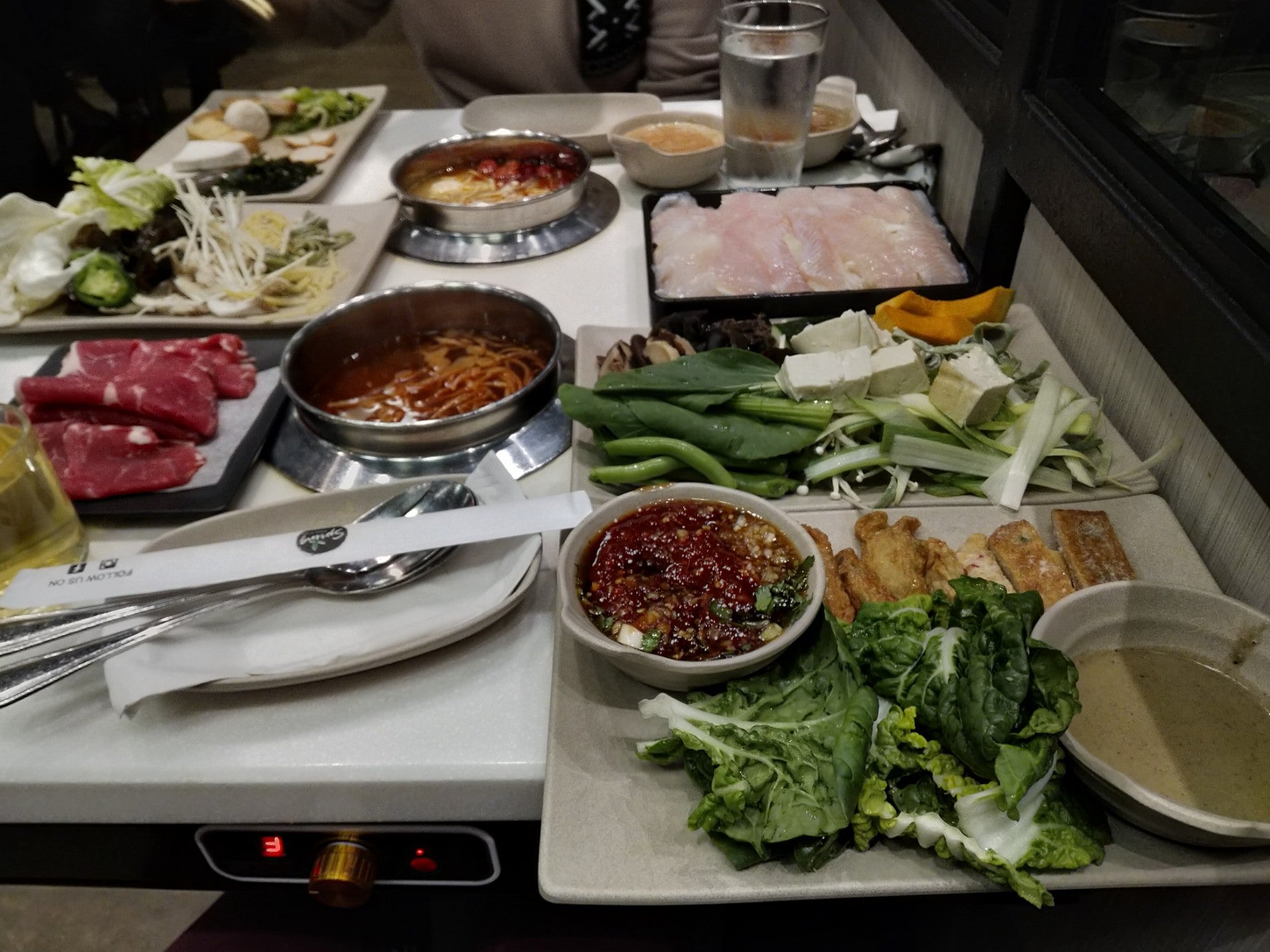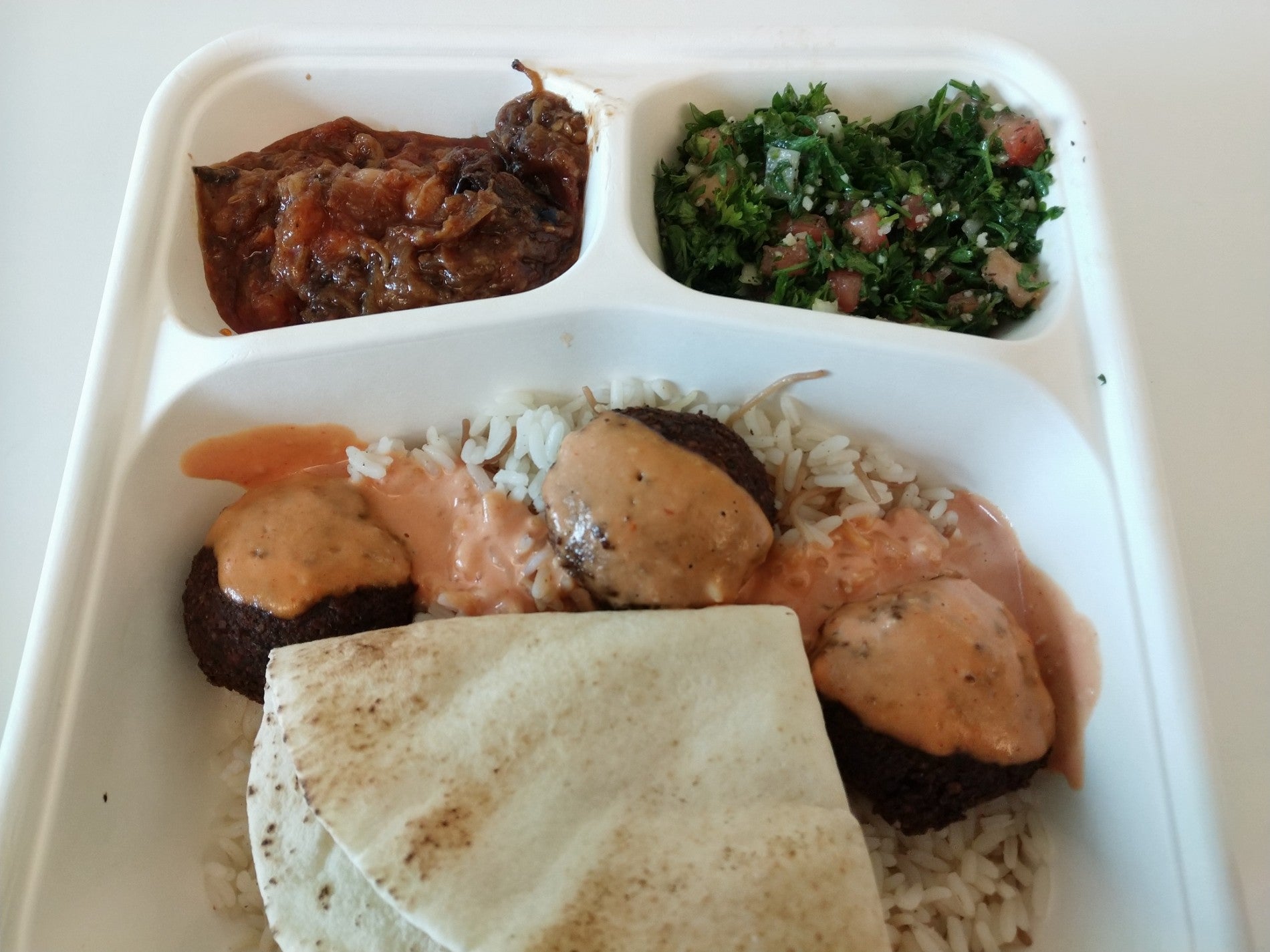Better conversation
While eating my tostada salad from The Little Chihuahua, I watched Celeste Headlee’s TED talk “10 ways to have a better conversation”. Following are the ten points and some notes and thoughts.
[youtube R1vskiVDwl4]
-
Don’t multitask. (4:27)
In the years following personal computers and Internet and mobile phones, it seemed “multitasking” was the skill to be developed. The more you can do at once, the better. I’m not sure if it’s due to reading about failures of multitasking – driven home by reading Cal Newport’s 2016 book, “Deep Work: Rules for Focused Success in a Distracted World” – in recent years, or simply due to growing awareness with age, but I recognize more than ever multitasking is a myth.
I believe it more every time I ask someone to explain how they can think multiple thoughts at the same instant. As far as conversations go, multitasking necessarily reduces your attention paid to the subject. If it’s not worth paying attention, how it it worth doing at all?
-
Don’t pontificate. (4:50)
Headlee starts this point with:
If you want to state your opinion without any opportunity for response or argument or pushback or growth, write a blog.
She seems to be dissing blogging in general, but goes on to describe true listening as requiring setting aside your opinions, setting aside yourself. I agree, but don’t see why dissing blogging is warranted. Perhaps she is dissing blogging as a substitute for conversation, though blogs are often written in response to other blogs, which seems to be a form of conversation, albeit conversation that could easily lack compassion. Of course if I were speaking to Headlee right now instead of writing a blog, she could explain her thoughts further. ;-)
For me, blogging serves to document what I’ve learned and my development in general, and often serves as a starting point for further conversation. It often allows me to form my thoughts and ensure a truer representation of what I want to say, and allows me to share my experience with more people more easily. Often I hope to help others searching for solutions to problems, especially with my adventures in software and tech. I also believe in an ideal of open information, so the idea of keeping my humanity “private” seems untrue to myself.
I do recognize it’s more meaningful to tell something from scratch to someone instead of sending a link, but I hope the cumulative value of the communication when sending a link to my close friends exceeds the cumulative value of whatever I could have conveyed to them each individually were we each able to find time and place to dedicate to the conveyance.
Headlee sums it up with “assume you have something to learn,” which I try to do, even when I blog.
-
Use open ended questions. (6:02)
If you put in a complicated question, you’re going to get a simple answer out.
Don’t ask “Were you angry?” but “What was that like?”
-
Go with the flow. (6:39)
Don’t get distracted thinking of what to say next instead of listening to what the subject is saying now. This seems to be a Zen version of “Don’t multitask”. Headlee says, “Stories and ideas are going to come to you. You need to let them come, and let them go.”
-
If you don’t know, say you don’t know. (7:26)
-
Don’t equate your experience with theirs. (7:46)
This is something covered in detail in Brené Brown‘s writings on compassion and vulnerability, but something I need to understand better. I see how constantly turning the focus back on yourself can be rude and arrogant, but it seems to me sharing your experience can build connection and make the other person feel less alone. I’m sure context and situation has much to do with it, and refraining from talking about yourself is a safe bet. I’ll have to learn more.
-
Try not to repeat yourself. (8:26)
Headlee says repeating yourself is condescending, which I can see. The graphic on this slide again seems to diss blogging – “How are you today?” “Read my blog!” – a connection I don’t see.
Writing a blog allows me to not repeat myself in at least two ways. I can send the text to someone instead of saying it again. The process of writing further reduces my repetition since I can organize my thoughts over time instead of attempting to spew them out in an understandable sequence.
-
Stay out of the weeds. (8:46)
She says the details like dates and names aren’t important, so leave them out. What people care about is you. I’ll have to reflect on this more. Details seem important to show you care, especially in writing as summary of research that might be preserved and serve as a reference on the Internet. But I can also see how conversation is more about connection and feeling, so in the context of talking between two people, this makes sense.
-
Listen. (9:08)
It takes effort and energy to actually pay attention to someone, but if you can’t do that, you’re not in a conversation. You’re just two people shouting out barely related sentences in the same place.
Stephen R. Covey said:
Most people don’t listen with the intent to understand; they listen with the intent to reply.
-
Be brief. (10:29)

